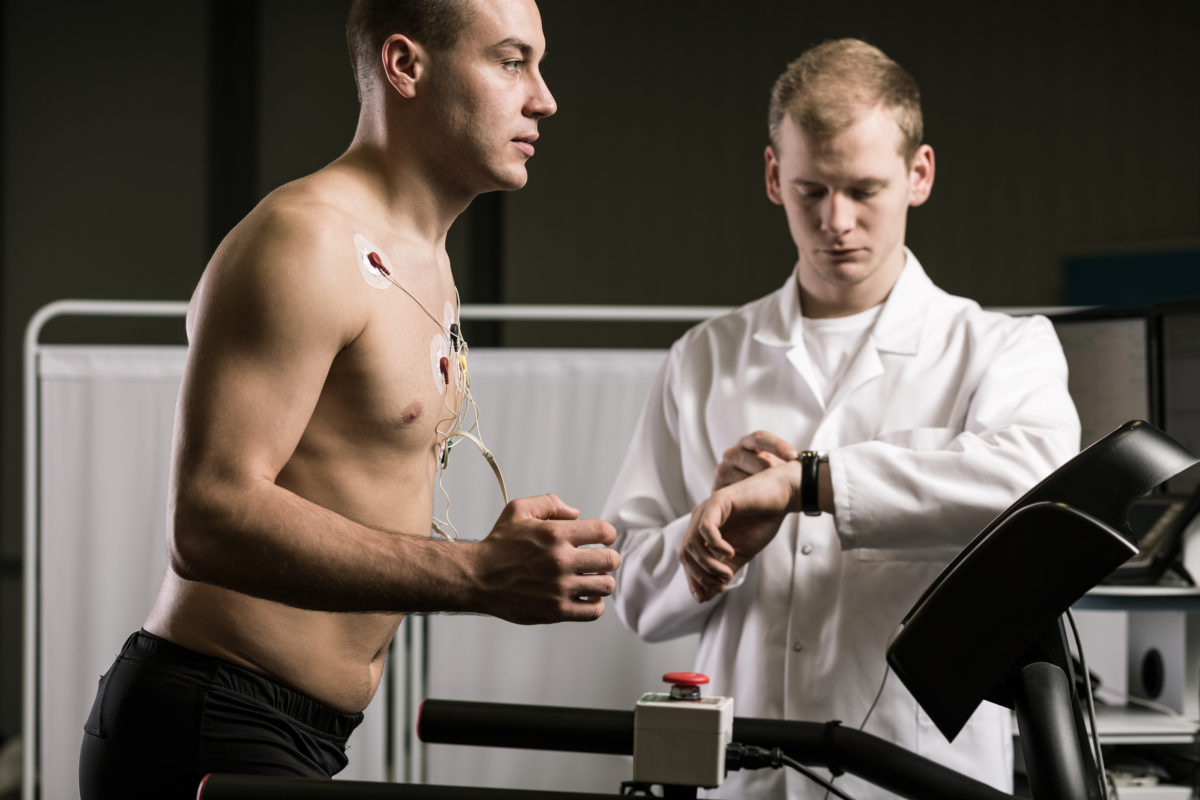How a Stress Test Can Reveal Heart Disease

If you’re experiencing symptoms of heart disease, there’s a good chance you’ve gone to see your doctor. Chest pain, dizziness, and shortness of breath are all red flags that should send you to your doctor immediately. If a doctor hears anything alarming through a stethoscope, he or she will suggest you have some testing done to confirm if you have heart disease. You will also need to make an appointment with a cardiologist. One such test you will have to take is a stress test.
A stress test can help the doctors determine if you have heart disease. One type of stress test, and the one most often used, is the exercise stress test. During an exercise stress test, you will either walk on a treadmill or pedal a stationary bike. The doctor will use the test to track your electrocardiogram, heart rate and blood pressure.
What does this test do or show? An exercise stress test will show a few things to the doctor, including:
- If enough blood is flowing to the heart during activity
- If there are any abnormal heart rhythms
- If the heart valves are functioning properly
- If you have coronary heart disease
- If your symptoms (chest pain, palpitations, dizziness) are being caused by a heart issue
- If your heart medications are working (if you’re on any) and how
Before the test, you cannot eat or drink anything except water for four hours prior to the test, and cannot have caffeine for 12 hours before the test. There are also certain medications your doctor will tell you that you cannot take before the test, – your doctor will advise you.
Before you begin exercising on the test, an EKG will be done to take your heart rate at rest. After the EKG, you will begin exercising. The exercising will gradually get more difficult to get you exhausted. You will be asked throughout how you are feeling and if you’re experiencing any symptoms. The test lasts about 60 mins, but you’re only exercising around 10 minutes.
If you’re experiencing any of the symptoms mentioned above, it may be time to talk to your doctor and see if a stress test is a good idea. Depending on the test’s results, you’ll want to see a cardiologist. If you’re looking for a cardiac surgeon, Dr. Peter Mikhail specializes in mitral valve and aortic valve surgery. To book an appointment with him, click here or call 727-312-4844.


